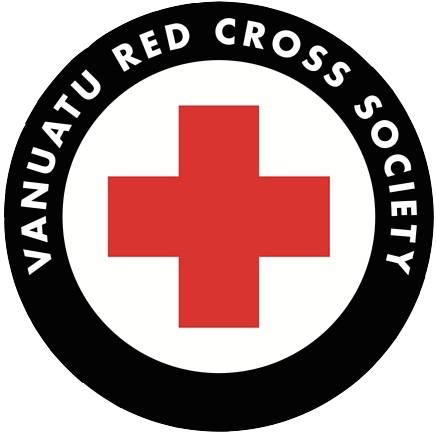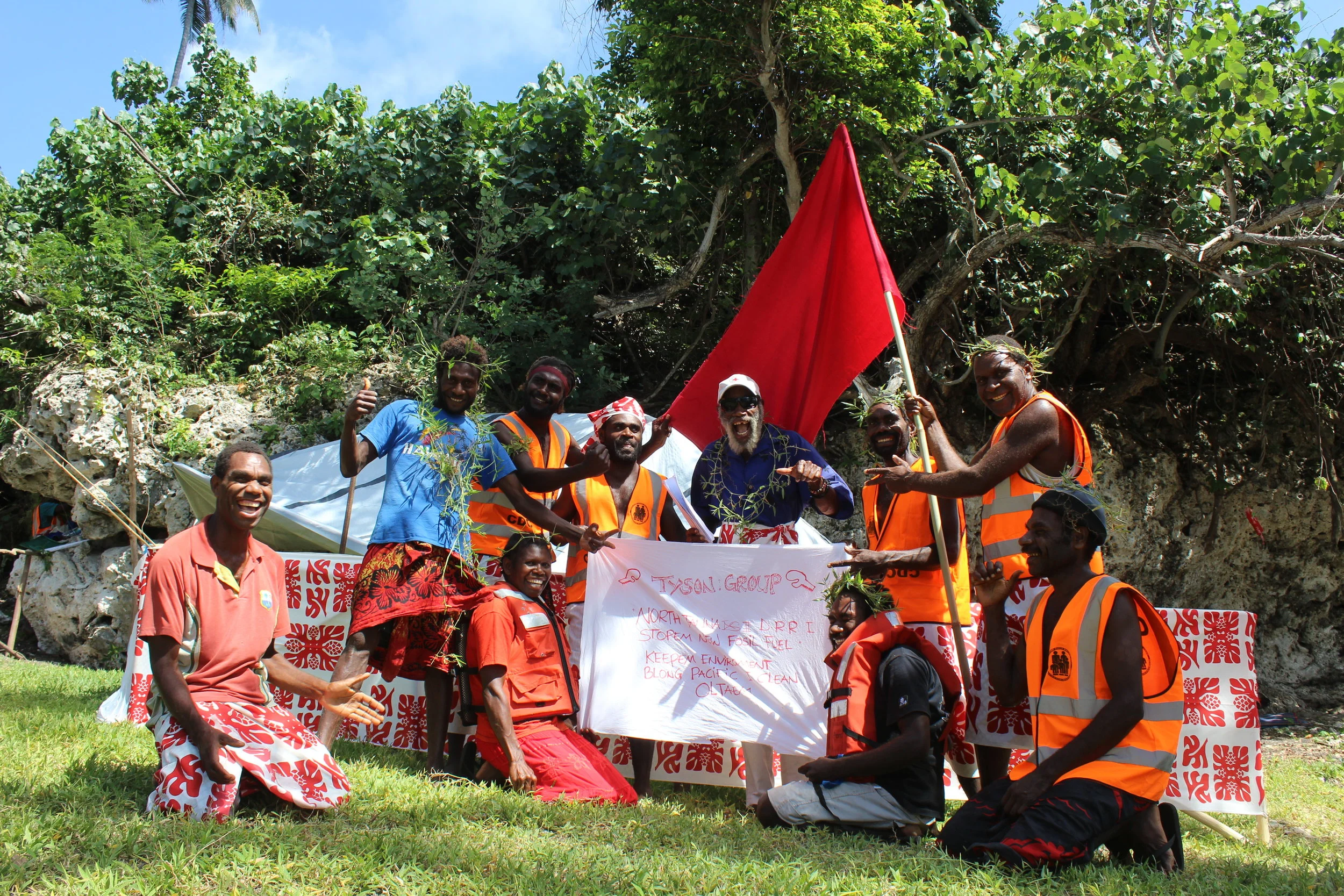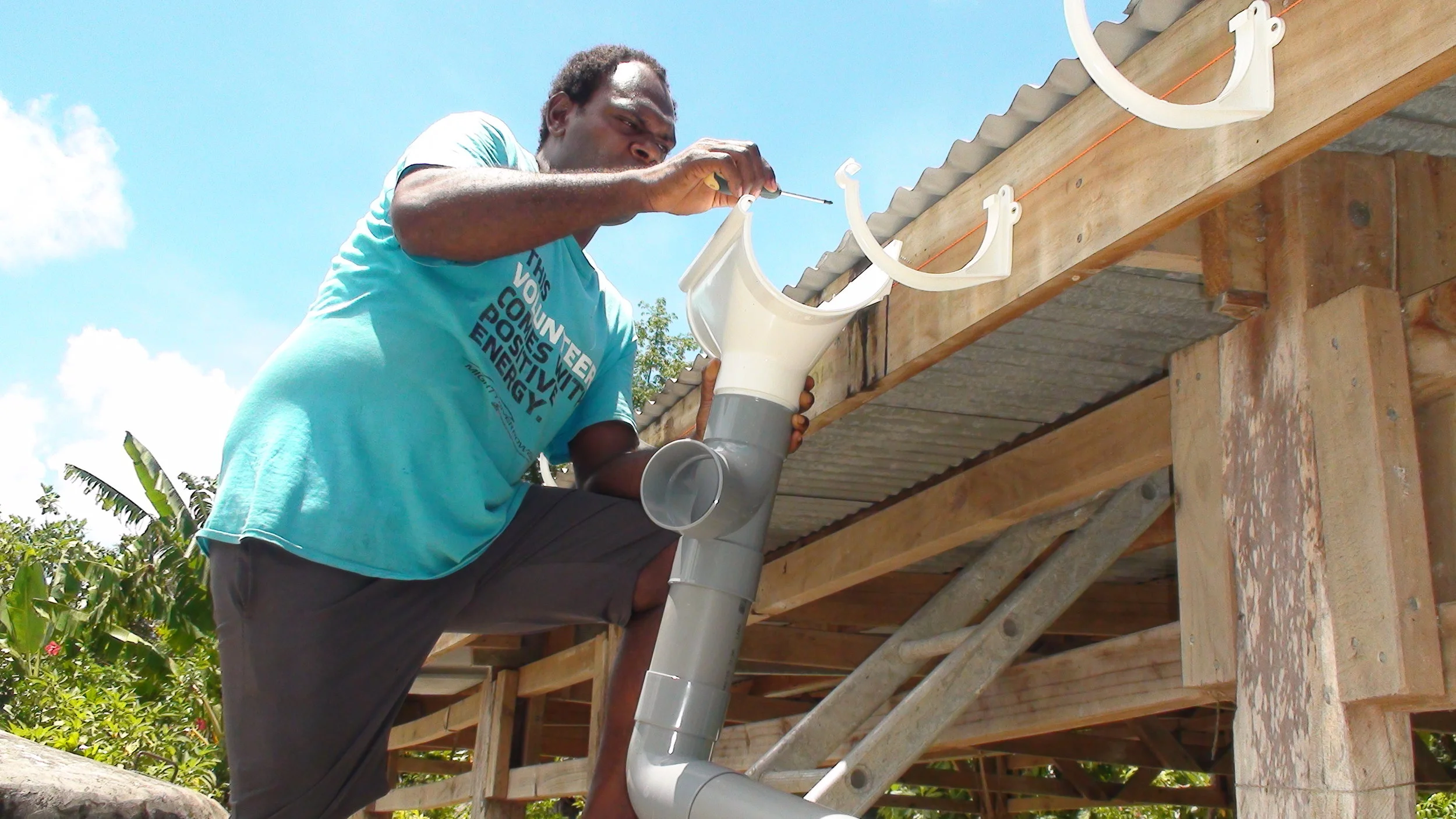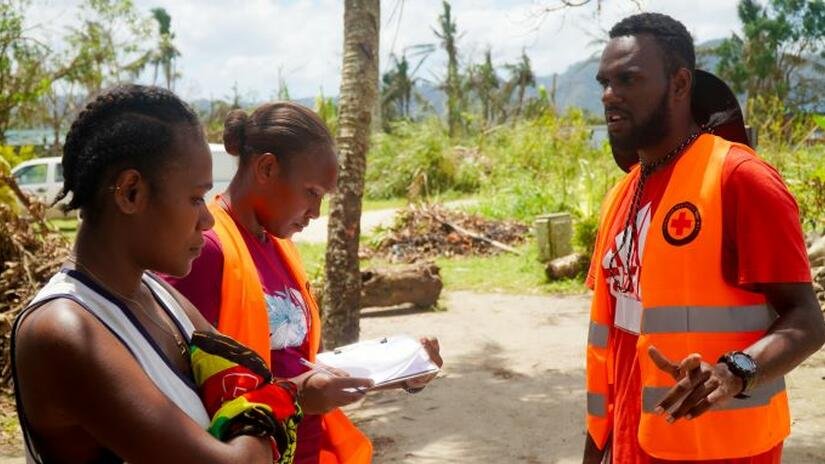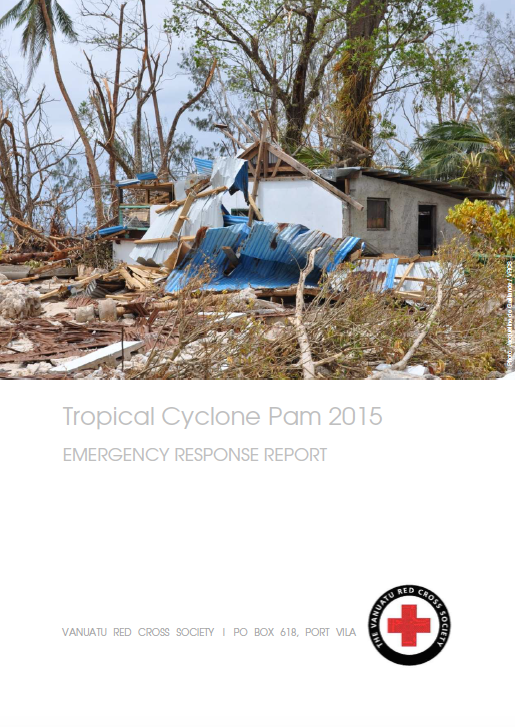Between 1 and 5 March 2023, the Vanuatu islands were hit by two (2) consecutive Category 4 Tropical Cyclones: Judy & Kevin. There was widespread damage to various islands throughout Vanuatu. Authorities reported that some 250,000 people were affected, representing 80% of the population affected. Despite power outages and communication challenges following the cyclones, the Vanuatu Red Cross Society activated its Emergency Operations Centre (EOC) and initiated its response immediately after.
After 1 month of disaster response operations, we have managed to reach over 10,000 people in the provinces of SHEFA, MALAMPA and TAFEA. Hundreds of our volunteers have been deployed to assess damages, collect data and eventually distribute relief items to vulnerable families. Relief items include shelter items, health and hygiene kits, solar lanterns and dignity kits.
Here below is an infographic showing details of the VRCS response in March 2023:
Overall data for response in March 2023
Informative map highlighting areas of VRCS response
